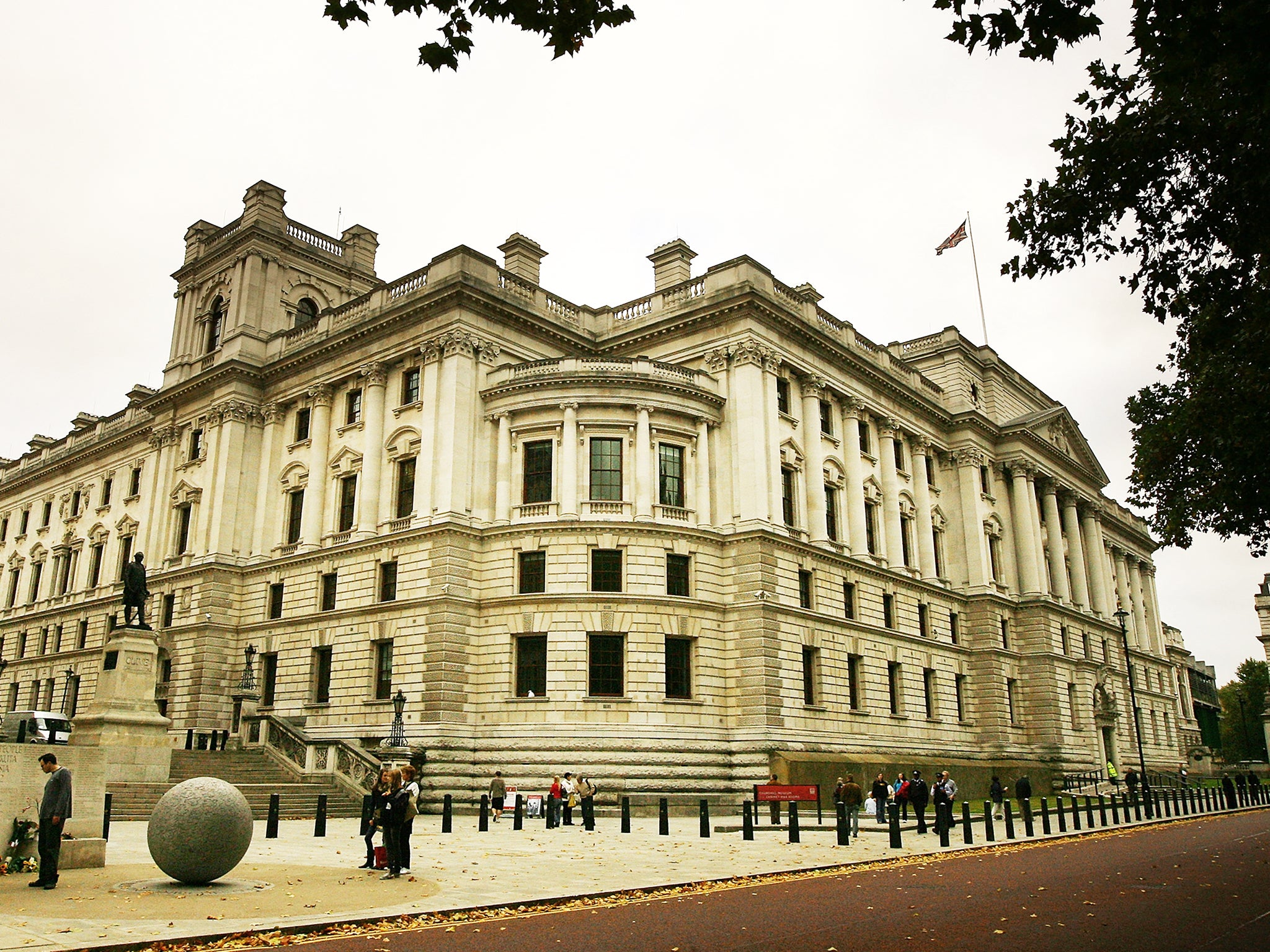Government sells debt at all-time record low interest rate in wake of Brexit vote
Debt Management Office sold £850m of bonds at yield of minus 1.72 per cent - meaning buyers are effectively paying the Government for the privilege of lending to it

The Treasury’s Debt Management Office this morning sold debt at a new record low interest rate, underlining the massive appetite from investors for British Government bonds in the wake of the Brexit vote and sparking fresh calls for the Chancellor to take advantage by ramping up its infrastructure investment.
The DMO sold £850m of an index-linked Gilt (or bond) that matures in 2036 at a yield of minus 1.72 per cent.
When the price of a bond rises its yield (or effective interest rate) falls, meaning that investors paid so much for this particular Gilt that the yield turned negative.
Today's yield beats the previous record set on 13 July when a 10 year index-linked Gilt was sold with a yield of minus 1.58 per cent.
Top ten Gilt auctions ranked by yield
The negative yield means the buyers are effectively paying the Government for the privilege of lending to it.
The yields on UK Gilts traded in the secondary market have also been falling fast. The 10-year conventional Gilt yield - used as a benchmark of the Government's borrowing costs - is trading today at a record low of just 0.533 per cent.
Earlier this week short-term conventional Gilt yields also turned slightly negative, the second time they have done so since the Brexit vote.
Many economists have encouraged ministers to exploit record low long-term government borrowing rates in the wake of the Brexit vote by ramping up spending on needed infrastructure projects.
"This is a new low yield for an auction, but that was going to happen given the recent rally [in traded Gilt prices]" Mike Amey of the bond investment specialists Pimco told The Independent.
"It's notable in that it highlights how low government borrowing costs are, which hopefully isn’t lost on [the Chancellor] Philip Hammond!"
The coupon payments on index-linked Gilts, unlike conventional Gilts, automatically rise with the retail price inflation index meaning investors are protected from the effect of inflation on their bond income.
Analysts said that the high price investors were willing to pay for this product might have reflected the fact that UK inflation is now expected to be boosted by the more than 10 per cent plunge in the trade-weighted value of sterling since the 23 June referendum.
“This was a good opportunity for people who expect inflation to pick up to get involved” said Marc Ostwald of ADM Investor Services.
However, the negative yield also implies investors will be effectively returning all the inflation protection back to the government.
Ostwald also said demand for this particular Gilt was likely to have been driven by regulatory pressures on pension funds to match their long-term liabilities with safe long-term assets.
“They’re pretty much forced buyers” he said.
The traded price of conventional government Gilts has also been boosted by the Bank of England's re-starting of its £375bn asset buying programme in order to support the economy in the wake of the Brexit vote.
But long-dated Gilt investors seemed to be reluctant to sell their assets to the Bank of England earlier this week, resulting in a £1.17bn reverse auction falling short by £52m on Tuesday.
This snag too has prompted calls from economists for the Government to boost the supply to the market of long-term Gilts by borrowing to invest in long-term infrastructure projects, on the grounds that this would help make the Bank's monetary stimulus more effective.
Subscribe to Independent Premium to bookmark this article
Want to bookmark your favourite articles and stories to read or reference later? Start your Independent Premium subscription today.

Join our commenting forum
Join thought-provoking conversations, follow other Independent readers and see their replies